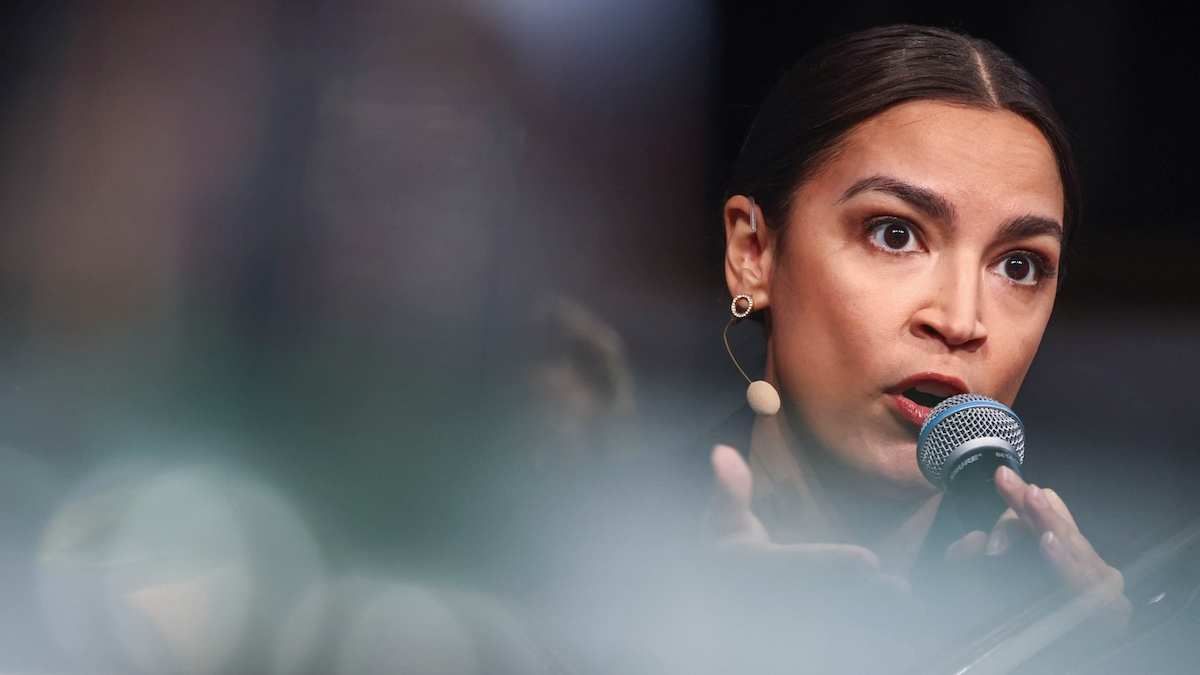News
October 30, 2018
90: The World Health Organization has found that more than 90 percent of the world’s young people, around 1.8 billion children, are exposed to toxic air pollution today. That’s a time bomb for health implications in many countries around the world.
70: A large majority (70 percent) of Mexicans who participated in a referendum on whether to continue building a new international airport voted to scrap the project. The only problem: just one percent of Mexico’s electorate participated in the vote, which was backed by President-elect Andres Manuel Lopez Obrador but not officially sanctioned by the government.
1.25: Today, Uganda is home to 1.25 million refugees, or about 3 percent of its total population, making it one of the world’s most welcoming countries. Rural Ugandans, whose experience of displacement after a brutal civil war in the 80s, have been remarkably accepting of those fleeing violence in neighboring South Sudan, the Democratic Republic of Kongo, and Burundi.
1: Around 70 percent of U.S. firms operating in southern China are considering either delaying or ending investments there as trade tensions between Washington and Beijing grow, according to a new American Chamber of Commerce survey. Of these firms, only 1 percent say they have plans to establish new manufacturing bases in North America.
2/3: Since 1990, China has accounted for two-thirds of those lifted out of poverty globally. It has also contributed just under two-thirds to the global increase in military spending over the same period.
More For You

US Rep. Alexandria Ocasio-Cortez (D-NY) speaks during the Munich Security Conference (MSC) in Munich, Germany, on February 13, 2026.
REUTERS/Liesa Johannssen
Vice President JD Vance and Democratic Rep. Alexandria Ocasio-Cortez, both potential 2028 presidential candidates, offered very different foreign policy visions at the Munich Security Conference.
Most Popular
Security in a fragmented world: Cyber deterrence, NATO reform & the future of trusted tech
Feb 14, 2026
- YouTube
In a new Global Stage livestream from the 2026 Munich Security Conference, New York Times White House and national security correspondent David Sanger moderates a conversation with Ian Bremmer (President & Founder, Eurasia Group and GZERO Media), Brad Smith (Vice Chair & President, Microsoft), Benedetta Berti (Secretary General, NATO Parliamentary Assembly), and Wolfgang Dierker (Global Head of Government Affairs, SAP) on how technology and defense are colliding in real time.
- YouTube
At the 2026 Munich Security Conference, NATO Parliamentary Secretary General Benedetta Berti explains why hybrid threats, from undersea cable sabotage to disinformation, energy coercion, and cyberattacks, are no longer isolated incidents but a defining feature of today’s security environment.
- YouTube
In this Quick Take from Munich, Ian Bremmer examines the state of the transatlantic alliance as the 62nd Munich Security Conference concludes.
© 2025 GZERO Media. All Rights Reserved | A Eurasia Group media company.